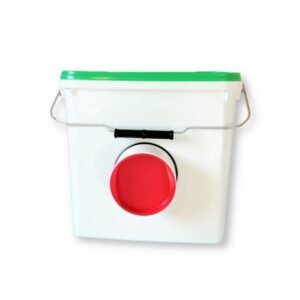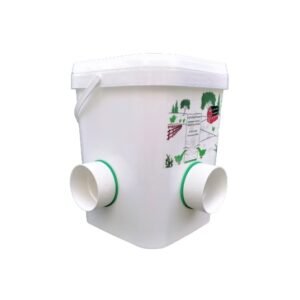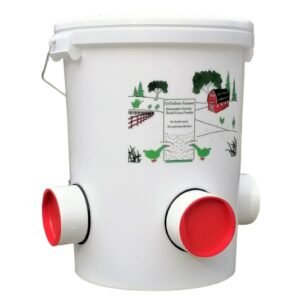Plant poisoning occurs when ducks consume toxic plants or plant parts. While waterfowl are generally good at avoiding toxic plants in natural settings, risks increase in confined spaces or during food scarcity.
SYMPTOMS
CAUSES
PREVENTION
TREATMENT
Symptoms
- Acute Symptoms:
- Sudden death
- Tremors and convulsions
- Difficulty breathing
- Excessive salivation
- Diarrhea
- Loss of coordination
- Chronic Symptoms:
- Weight loss
- Reduced egg production
- Weakness
- Depression
- Reduced feed intake
- Dehydration
Causes and toxic plants
- Common Toxic Plants:
- Nightshade family (Solanaceae)
- Oleander
- Hemlock
- Bracken fern
- Foxglove
- Yew
- Rhododendron
- Oak leaves/acorns
- Wild mushrooms
- Exposure Routes:
- Direct consumption
- Contaminated feed
- Access to garden waste
- Contaminated water sources
Prevention strategies
- Environmental Management:
- Remove toxic plants from enclosures
- Regular pasture inspection
- Proper fence maintenance
- Adequate food supply
Treatment options
- Immediate Actions:
- Remove access to suspected plants
- Isolate affected birds
- Provide fresh water
- Contact veterinarian
- Supportive Care:
- Activated charcoal administration
- Fluid therapy
- Nutritional support
- Specific antidotes (if available)
This condition requires careful attention to environmental management and rapid response when poisoning is suspected.


